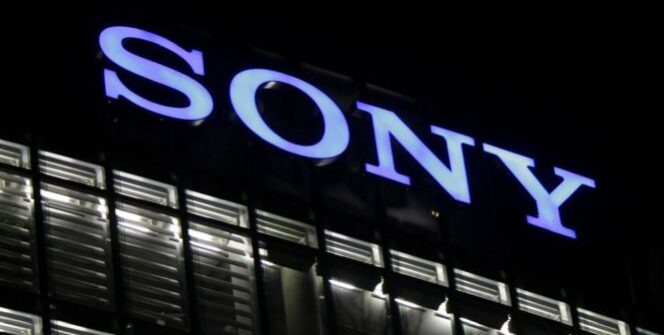The problem is that there will be a lot of water flowing down the Danube in the meantime, so there may be one or two events that make a difference.
The class action lawsuit against Sony could go to trial on March 2, 2026, and hearings will last about two months. The case is against the ‘Blues’ for charging too much for digital content (and accessories/DLC) on the PlayStation Network. The case was brought by Alex Neill. She has nearly two decades of experience in consumer campaigns to get more for UK consumers. She is a frequent speaker at industry events on consumer rights and is the sole director of the Alex Neill Class Representative, a non-profit special purpose vehicle used specifically to pursue claims against Sony.
Although there is still nearly a year and a half until the court hearings, Neill says this is because of the time needed to consider how long it will take for both sides to gather evidence, as well as the need to properly compile expert reports. It has to be considered when the court has time to do all that. The case is based on the claims of people who owned a Sony PlayStation console between 2016 and August 19, 2022, and who bought digital PlayStation games or made in-game microtransactions through the PlayStation Store.
This case is based on the claim of those who owned a Sony PlayStation between August 19, 2016 and August 19, 2022, and those who owned a PlayStation, purchased digital PlayStation games, or made in-game purchases through the PlayStation Store. This class action is being pursued because the plaintiff believes that PlayStation has a dominant position in the digital distribution of PlayStation games and in-game content and, as a result, has overcharged UK customers for the content on their consoles. While Sony is entitled to make a profit from its products, the complainant alleges that Sony is in breach of UK/EU competition law by having a “near monopoly” in the sale of digital games.
In addition, Sony has imposed strict terms and conditions on game developers and publishers which allow Sony to set the price of digital games and to take a 30% commission on each purchase of digital games and in-game content. This results in excessive and unfair prices for consumers. As a result of these high prices, the Class alleges that customers have been overpaying, which has resulted in harmful effects on consumers, including stifling competition by requiring competitors to charge higher prices just to have a chance to compete.
In a year and a half, Sony may have to pay a huge amount of money in compensation.
Source: WCCFTech, PlayStation You Owe Us
















Leave a Reply